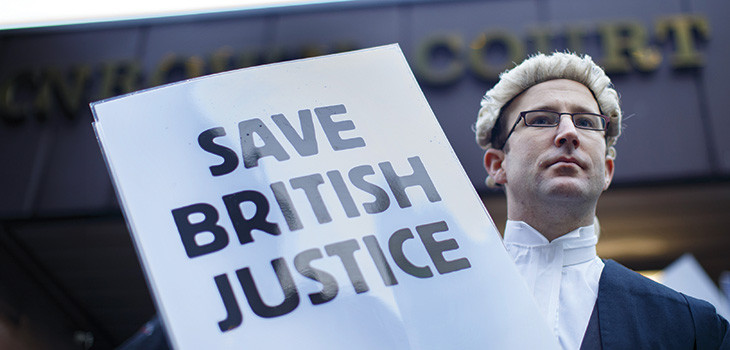
The court’s recent judgment on legal aid represents a high-water mark of judicial intervention, writes Graham Zellick KC
Recently in these pages I chided a High Court judge for rejecting the argument that political parties were for certain purposes bodies exercising public functions. I described the decision as ‘formalism and judicial restraint of a high order‘ (‘Political parties: public or private?’). By contrast, the Divisional Court’s recent judgment in R (on the application of Law Society of England and Wales) v Lord Chancellor [2024] EWHC 155 (Admin) represents the high-water mark of judicial intervention.
Everyone is aware of the lamentable state of legal aid as a result of years of austerity and neglect. There had been no increase in criminal legal aid fees for 25 years and on top of that, there was a reduction in expenditure of 8.75% in 2014 to meet government spending targets. It is impossible to read the evidence in this case without feeling deep sympathy for the criminal legal aid practitioners, their clients and others











